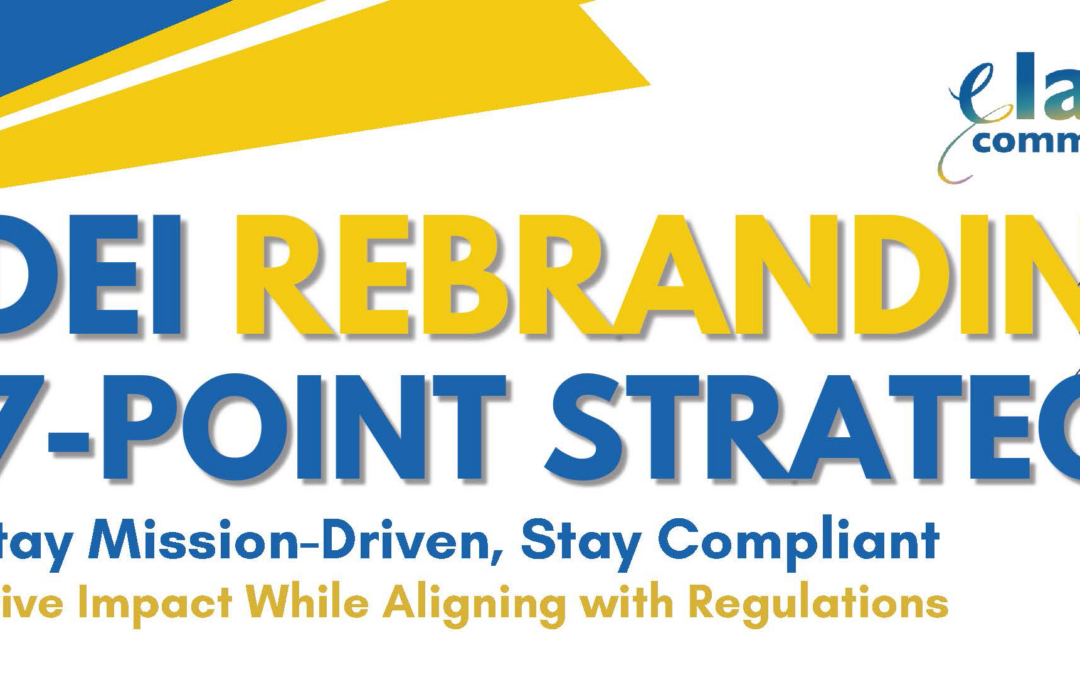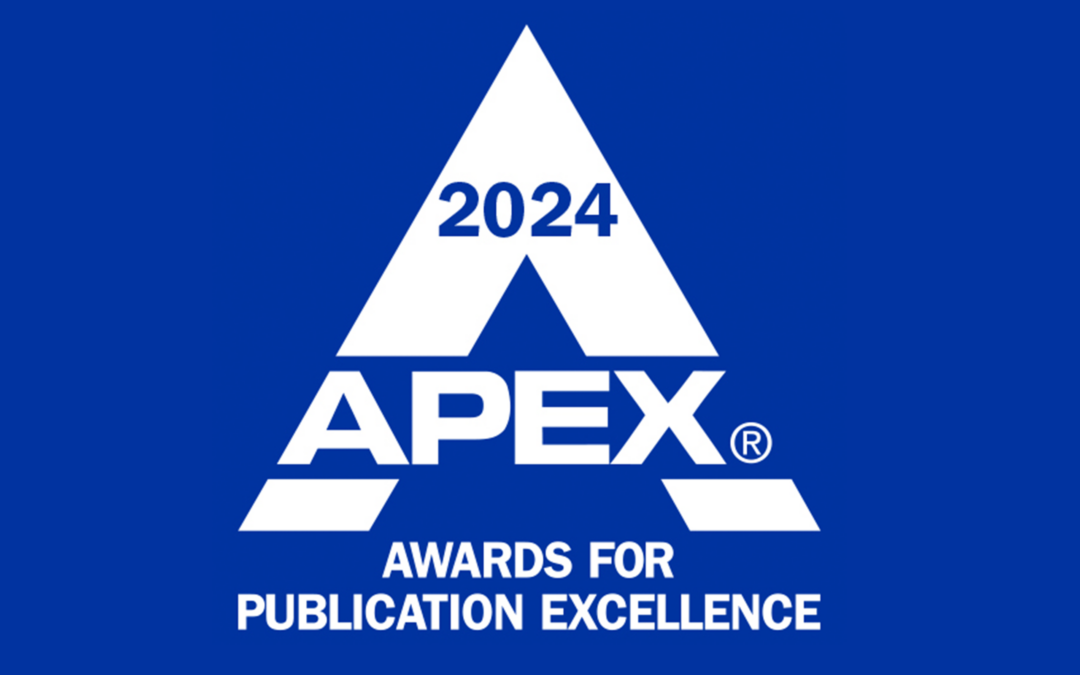Effective Communication in Business
Effective communication is at the heart of every successful business. It fosters collaboration, builds trust, and drives productivity. Enhance your communications skills and become a more effective communicator in business with these key strategies.
In today’s rapidly changing business landscape, the ability to adapt is crucial. Effective communicators adjust their messaging and strategies to respond to new challenges and opportunities. This adaptability ensures that businesses remain agile and competitive in an ever-evolving market. Leaders who communicate effectively inspire confidence and loyalty among their team members. By articulating a clear vision, setting expectations, and providing constructive feedback, effective leaders guide their teams toward achieving organizational goals. Strong communications skills also enable leaders to mentor and develop their employees, fostering a culture of continuous improvement.
Effective communication is the cornerstone of collaboration. Clear and concise communication eliminates misunderstandings and reduces errors, leading to more efficient workflows. When instructions and expectations are clearly communicated, employees can focus on their tasks without the need for constant clarification. This efficiency not only saves time but also enhances overall productivity and helps in meeting deadlines consistently. It also helps team members clearly understand their roles, responsibilities, and the goals of the project, so they can work together more seamlessly. Open lines of communication encourage the sharing of ideas, prompt problem-solving, and create a more cohesive team environment. This collaborative spirit not only boosts morale but also leads to innovative solutions and improved project outcomes.
Effective communication also facilitates better decision-making. Engaging in open discussions and considering diverse perspectives lead to well-rounded and strategic choices, and relevant information when clearly presented allows for more informed decisions. Additionally, transparent communication about decisions builds trust and ensures that everyone is on the same page. And, even when conflict arises, effective communicators can navigate challenges more smoothly. By addressing issues calmly, listening to all parties involved, and seeking mutually beneficial solutions, leaders resolve conflict constructively. This proactive approach prevents conflicts from escalating and helps maintain a positive work environment. Effective communicators create an inclusive environment where feedback is encouraged and contributions are acknowledged. Employees who feel heard and valued are more likely to be engaged and motivated. This positive atmosphere boosts morale and encourages employees to take initiative, ultimately leading to higher levels of engagement and job satisfaction.
Effective communication is more than just a soft skill — it’s a critical component of success. The benefits of becoming an effective communicator in business are vast and impactful. From fostering collaboration and building strong relationships to enhancing productivity and driving better decision-making, effective communication is a vital skill that can propel your business forward. By investing in and honing this skill, you open the door to greater business success and fulfillment. In this short video, I share quick tips on how to become an effective communicator, so take a few seconds to check it out!









